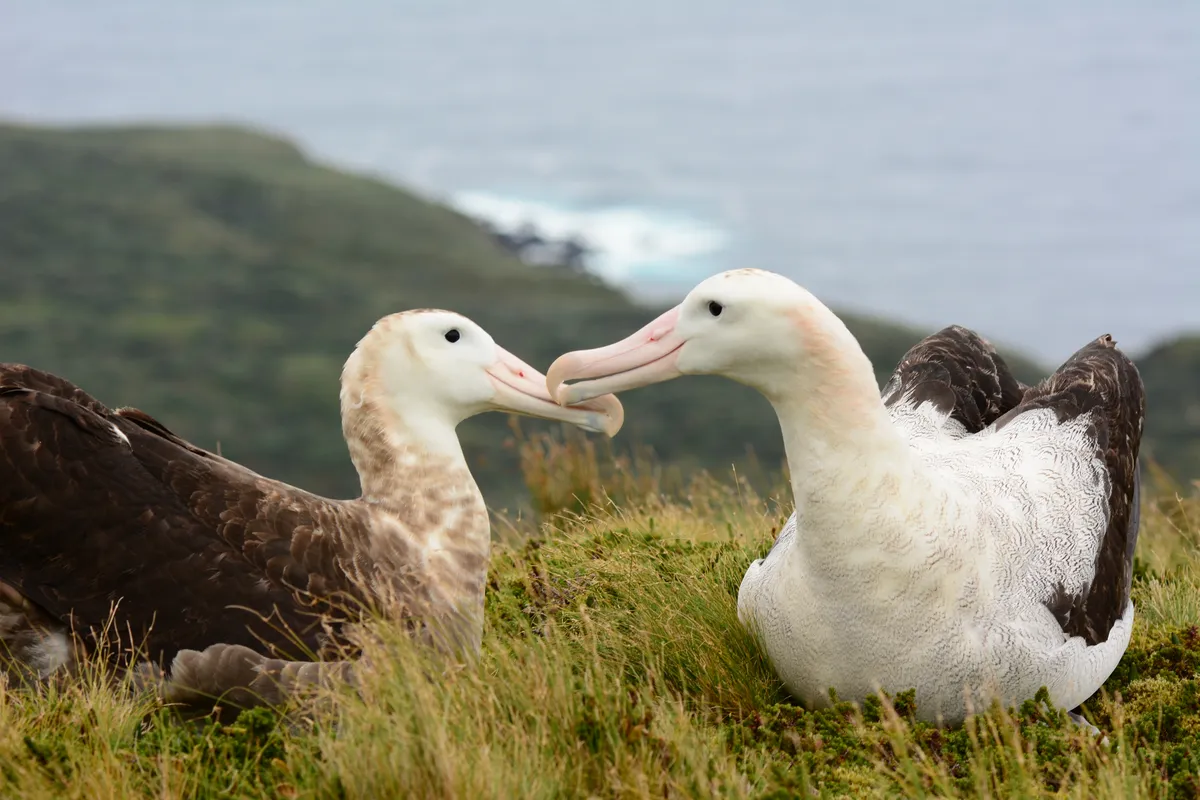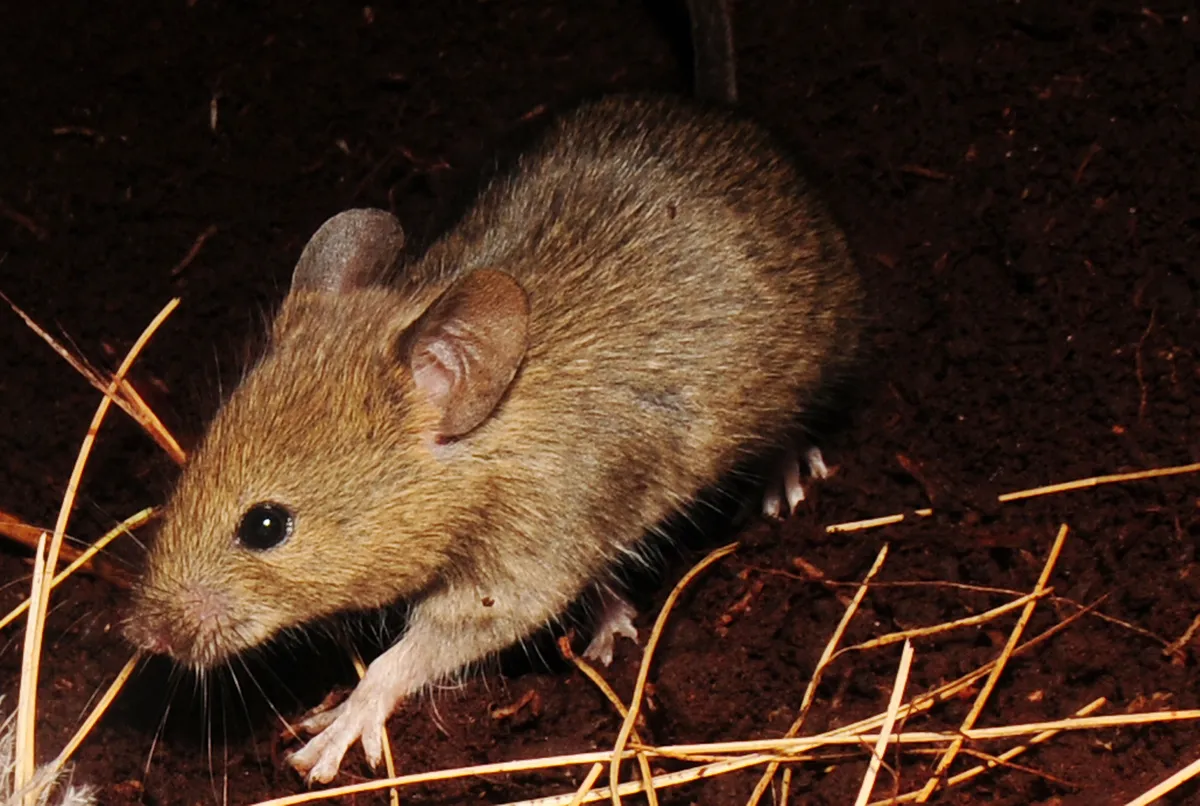Accidentally introduced to the remote Gough Island in the South Atlantic by sailors during the 19th century, house mice are now putting some seabird species at the risk of extinction by eating their eggs and chicks.
The mice have evolved to be 50 per cent larger than the average house mouse, and since their introduction, have learnt to eat the eggs and chicks of the island’s birds.
Gough Island is a World Heritage Site and hosts more than ten million birds. It is considered to be one of the most important seabird colonies in the world.
“We knew there were large numbers of chicks and eggs being eaten each year but the actual number being taken by the mice is just staggering. The seabirds of Gough Island desperately need our help,” says Dr Alex Bond, one of the authors of the paper.
24 species of bird nest on the island, 22 of which are seabirds, including the Atlantic petrel, which is listed as Endangered on the IUCN Red List.
The island is also host to 99 per cent of the world population of the Tristan albatross, which is Critically Endangered. There are estimated to be only 2,000 pairs left.
Both the Atlantic petrel and the Tristan albatross are vulnerable to mouse predation because their chicks are left alone in winter.

During the study, video cameras were placed alongside nests and showed that the mice, in groups of up to nine, eat the chicks alive.
Albatross parents, which mate for life and produce only one egg every other year, were observed returning to the nest from a fishing trip to find their chick dead.
"We usually think of rats as problem rodents on islands but this shows that house mice can have catastrophic impacts all on their own,” says Anthony Caravaggi, lead author on the paper.
“If we don't remove the mice from the island then we're going to lose several unique species and an important island for breeding seabirds."

The Gough Island Restoration Programme, a partnership between the RSPB, Tristan da Cunha government and other international partners, plans to eradicate the introduced house mice in 2020.
“We have a unique opportunity to save Gough Island and the species that make their home there,” says Ian Lavarello, chief islander, Tristan da Cunha.
“If we do nothing, we will eventually lose this amazing South Atlantic seabird mega-colony and its contribution to the world’s oceans will cease. With dedication and rigorous planning, success is possible. Monumental programmes such as this are not without their challenges but the rewards for global conservation are great.”
